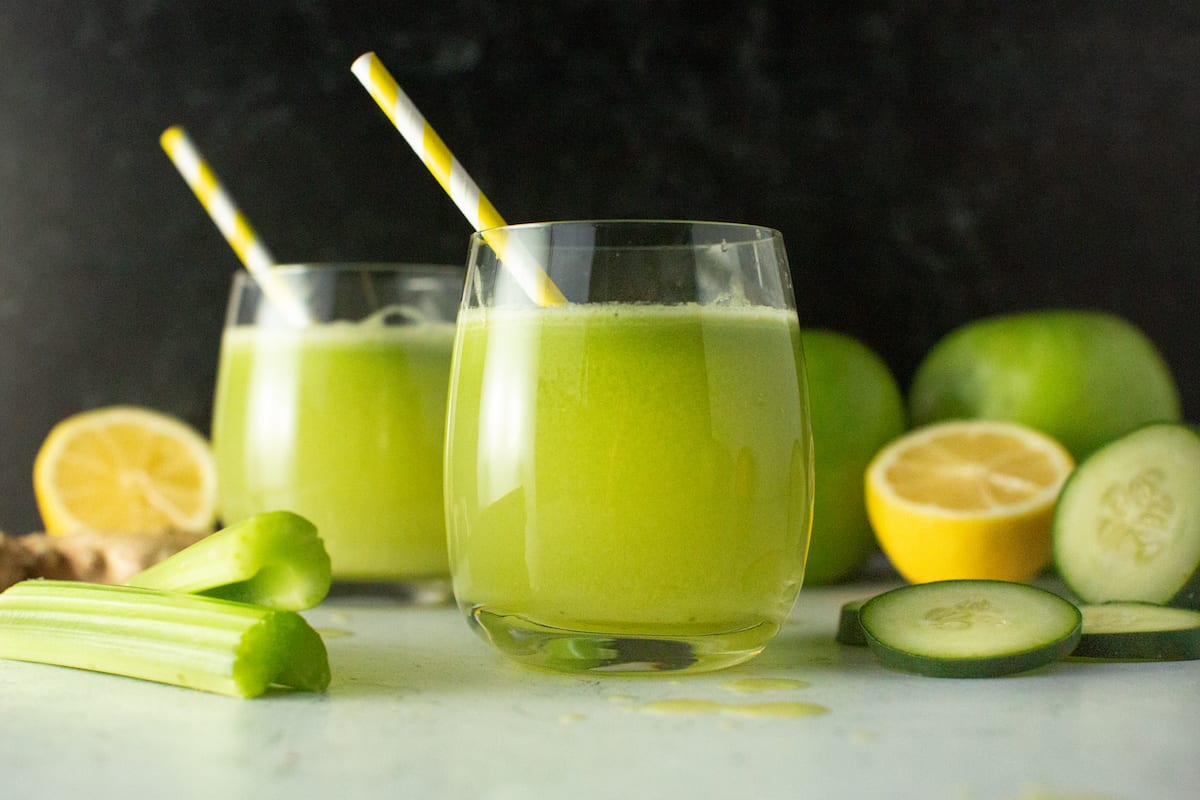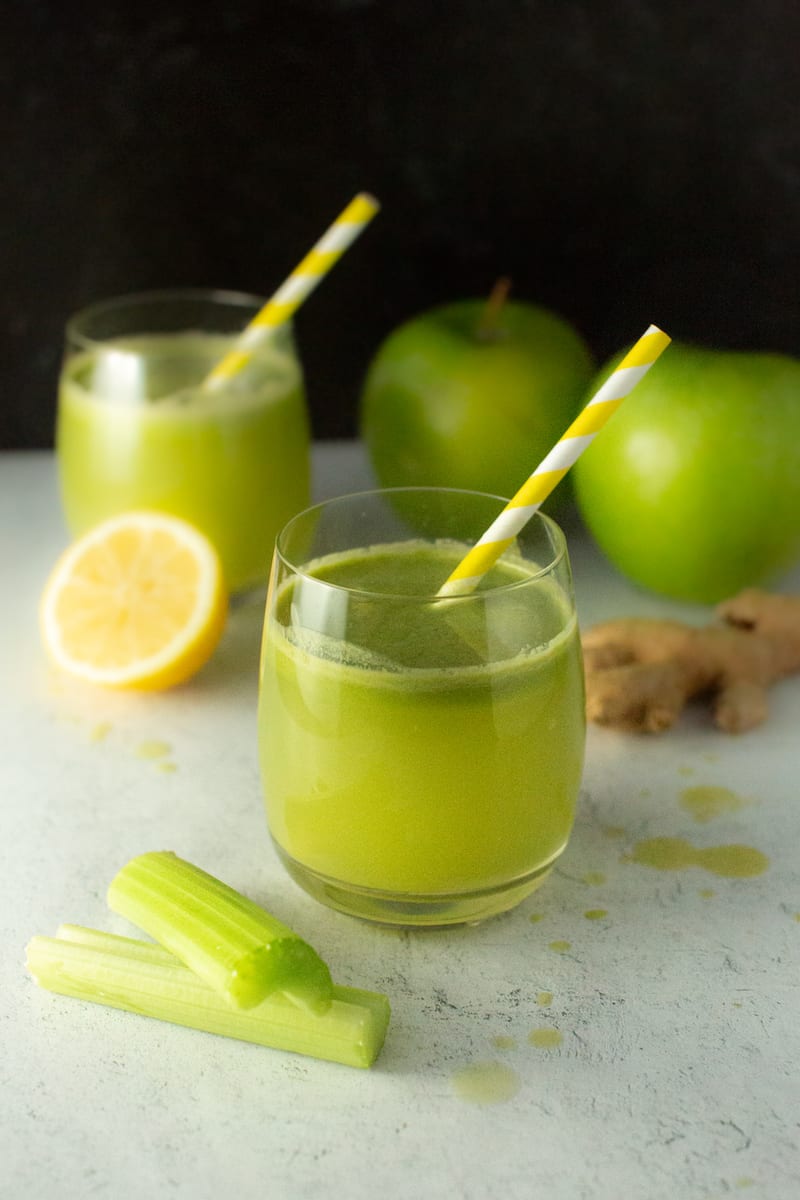
Juicing Can Help Cut Down on Food Waste
by Meghan Rodgers
January 20, 2021

Heading to the juice bar near my house for a freshly-made green juice is a real treat — but the $10 price tag can be hard to justify. It became especially painful after I purchased a juicer and now know I can create the exact same recipes right at home. Even better, owning a juicer has been a perfect solution to achieving near-zero food waste at my home.
Fruits and veggies are some of the most wasted foods on the planet. By some estimates, roughly 31% of all produce in the United States is thrown away — that’s some 133 billion pounds worth about $160 billion! Think about all that produce just rotting in landfills releasing harmful greenhouse gases. Not to mention, with 35 million Americans living in food insecure households, this just isn’t acceptable.
Those pears past their prime at the bottom of the produce bin? That slightly shriveled bag of spinach? Those crooked carrots the kids won’t eat?
Many people toss all of these items and run to the store where we know we can buy picture-perfect produce. But imperfections don’t mean these items are any less nutritious. We’re just so used to seeing only the most beautiful produce sold in stores, that we’ve lost our ability to accurately decide what’s edible.
Now, moldy food need not make the cut. But the point is, most foods we waste, are still safe and delicious to eat — we just choose not to.
But juicing might just be the answer your household needs.
A Few Benefits of Juicing
1. Zero Food Waste
Rather than let items go to waste, any odds and ends you don’t have a plan for can all be juiced and enjoyed. That half of a cucumber leftover from last night’s salad and that handful of slightly old baby carrots that didn’t get dipped in hummus can quickly become tomorrow’s healthy breakfast.
2. Buy in Bulk
Buying in bulk can often mean less packaging and lower prices. If you own a juicer, you won’t have to worry. Whatever you have left after enjoying a week’s worth of healthy veggie-based meals, you’ll be able to juice.
3. Killer Compost
Many gardeners throw leftover scraps of organic goods in their compost bins to break down, but you’ll be one step ahead. The super fine pulp your juicer spits out will become prime compost material and allow you to improve the soil in your own garden where you can then grown more fruits and veggies. Of course, if you’re juicing and throwing the pulp in the trash, you’re not much better off. Make sure you don’t skip this step in order to truly reduce your food waste.
4. For the Health of It
Don’t be surprised if juicing makes you feel your healthiest ever. Rather than wasting all of those fruits and veggies, you’ll rescue them from their fate in the local landfill and benefit from their nutrients instead.
Here’s one easy recipe to get you started:
Beginners Green Juice
This list of ingredients is really flexible, so use what you have on hand, and it will probably come out perfectly delicious.
Ingredients
1 cucumber
3 stalks celery
3 leaves kale
1 cup spinach
1-2 inch chunk of ginger
1/2 small lemon, freshly squeezed
2 small apples, cored
Directions
Wash all of your ingredients really well (no need to dry!).
Run all your ingredients through juicer.
Pour over ice if you like it cold (optional) and serve immediately.
Juice is most nutritious right after it’s been made, but will stay good for 48 hours.
No juicer? No problem! Place all ingredients in a high-powered blender and puree until liquified. Place a cheesecloth over large container, and slowly pour blender contents into cloth. Squeeze liquids through cloth until pulp remaining inside is mostly dry to the touch and no more liquid can be extracted.

It’s good to know that juicing can reduce food waste. I want to start making my own juice in my home. I’ll find a juice puree that is powerful.
Thank you for sharing this, I discuss the same topic in my blog. You can check it out Here